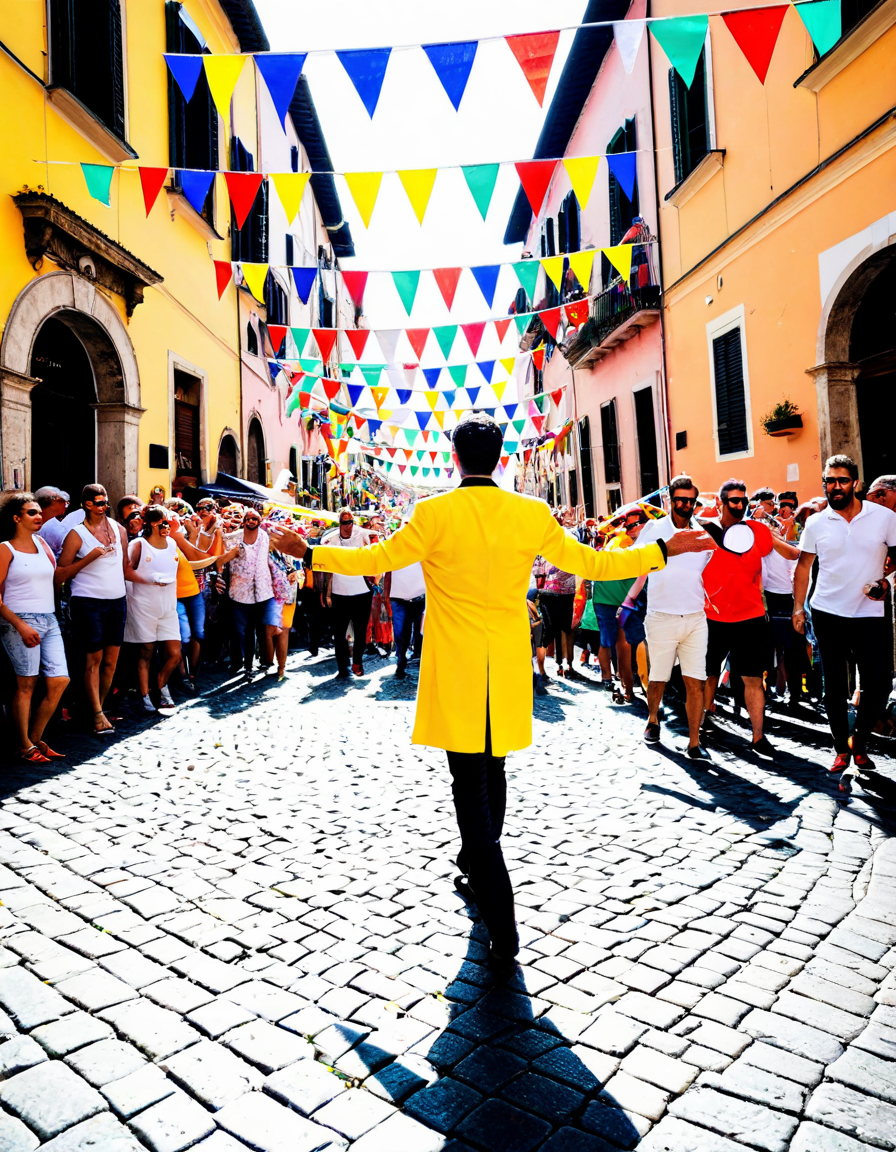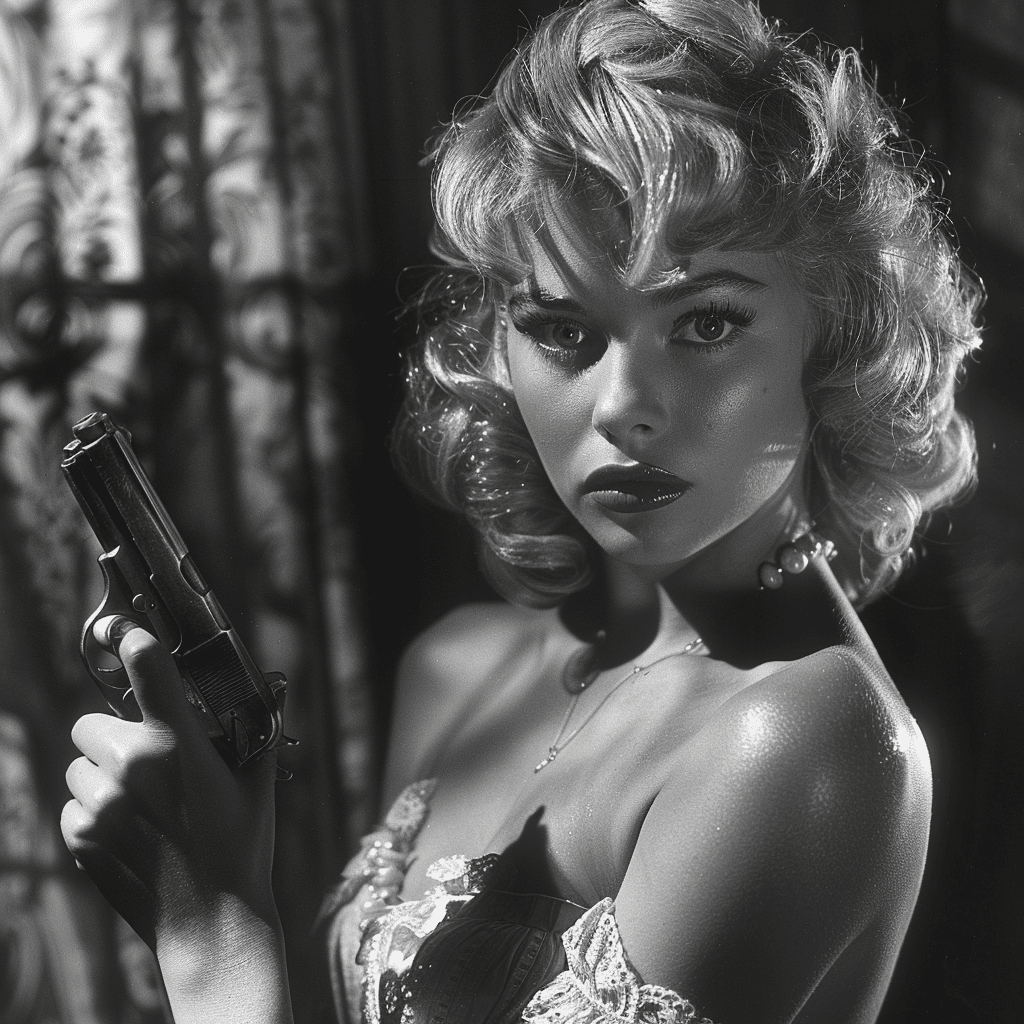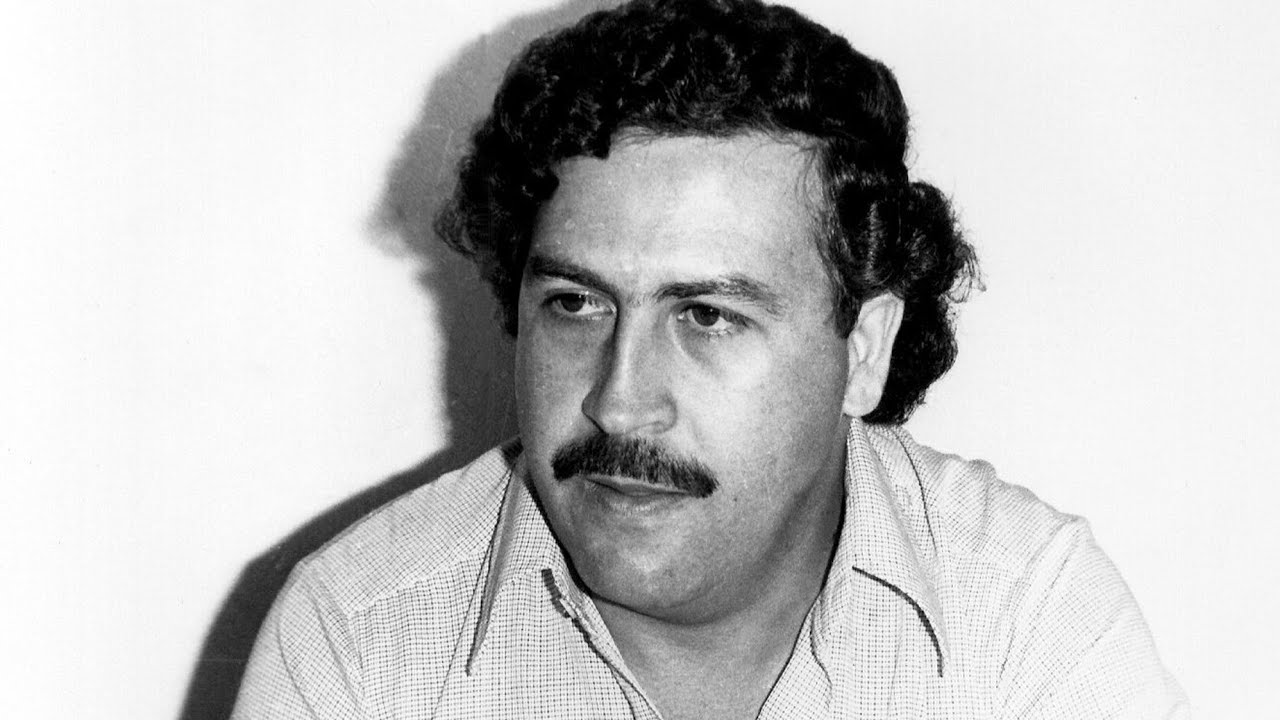
The Rise of Maria Victoria Henao: A Woman Behind the Legend
Maria Victoria Henao, a name often eclipsed by her husband, drug kingpin Pablo Escobar, has a narrative of her own that deserves unearthing. Born in 1961 in Colombia, Henao grew up amid sociopolitical turmoil that echoed through her formative years. Her life took a dramatic turn when she married Escobar at just 15, stepping from a modest upbringing into the opulent yet treacherous world that surrounded the man who was both a notorious criminal and a powerful figure in Colombian society.
Henao’s early life was steeped in challenges. She navigated the complexities of a country grappling with civil unrest, poverty, and violence, which shaped her character and outlook on life. Although she was young, marrying Escobar marked the beginning of a phase filled with both luxury and peril. This reality of living under the intense scrutiny as the wife of a criminal mastermind altered her path irreversibly.
While the world knew Escobar as a ruthless drug lord, Henao bore the brunt of his public image. In understanding her, it’s pivotal to examine the balance she struck between being a supportive partner to Escobar and a woman grappling with her identity amidst chaos. As we delve deeper into her life, we discover the intricate layers that led Henao to become a figure of intrigue in her own right.

The Unfolding Drama: Maria Victoria Henao’s Life Post-Escobar
After Escobar’s untimely death in 1993, Maria Victoria Henao’s life took another unexpected turn. The challenges she encountered as the widow of one of the world’s most wanted criminals were monumental. The media’s insatiable appetite for scandal thrust her into the spotlight as they scrutinized her every move. This newfound notoriety, coupled with grief, placed Henao at a crossroads where the lines between legality and morality blurred.
Henao faced a barrage of legal challenges, primarily centered on the colossal fortune left behind by Escobar. Accusations of money laundering loomed large as officials investigated her assets. The pressure compounded as she navigated the murky waters of loss and public perception. It wasn’t just about fighting against the tide of scrutiny, but also about grappling with her husband’s legacy and its implications on her life and future.
Yet through it all, Henao exhibited remarkable resilience. She maneuvered through legal battles that demanded her focus and fortitude. Her quest to reclaim both her life and her late husband’s estate can be viewed not just as a struggle for material wealth, but ultimately as a fight for identity and agency in a world that had relentlessly defined her by her marriage rather than her individuality.
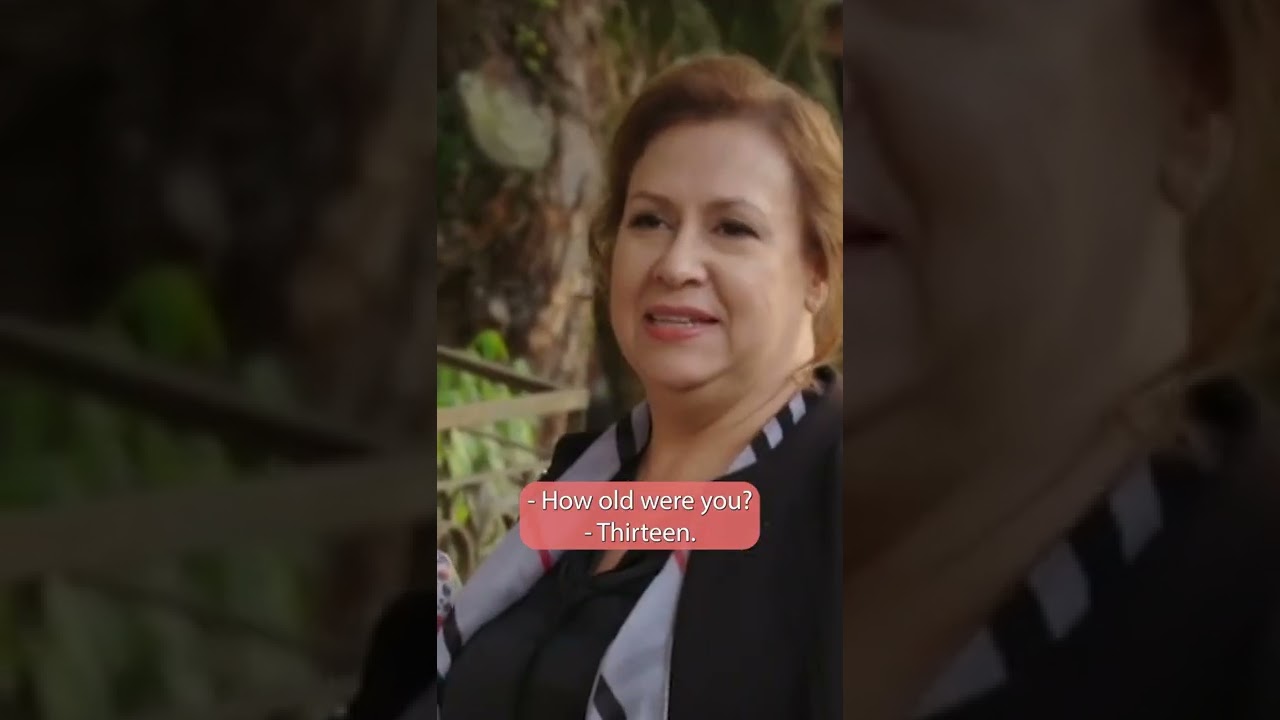
Top 5 Influences in Maria Victoria Henao’s Life

Legal Struggles and the Battle for Freedom
Henao’s post-Escobar era has been anything but tranquil. Battling accusations of money laundering and navigating persistent investigations into her finances, she found herself entrenched in legal struggles that spanned years. Each legal hurdle added layers to her already complicated life.
The repercussions of her husband’s criminal empire lingered long after his death. Henao’s attempts to reclaim her husband’s estate became a desperate venture into reclaiming autonomy. Each court date became a battleground where she fought not just for financial stability but for her identity amidst the chaos surrounding her.
Through these ordeals, Henao’s character and resilience shone through. With each setback, she emerged more determined, often reflecting on her journey through legal limbo and societal judgment. Her quest for freedom was not only defined by reclaiming wealth but by reestablishing her agency and defining her narrative on her own terms.
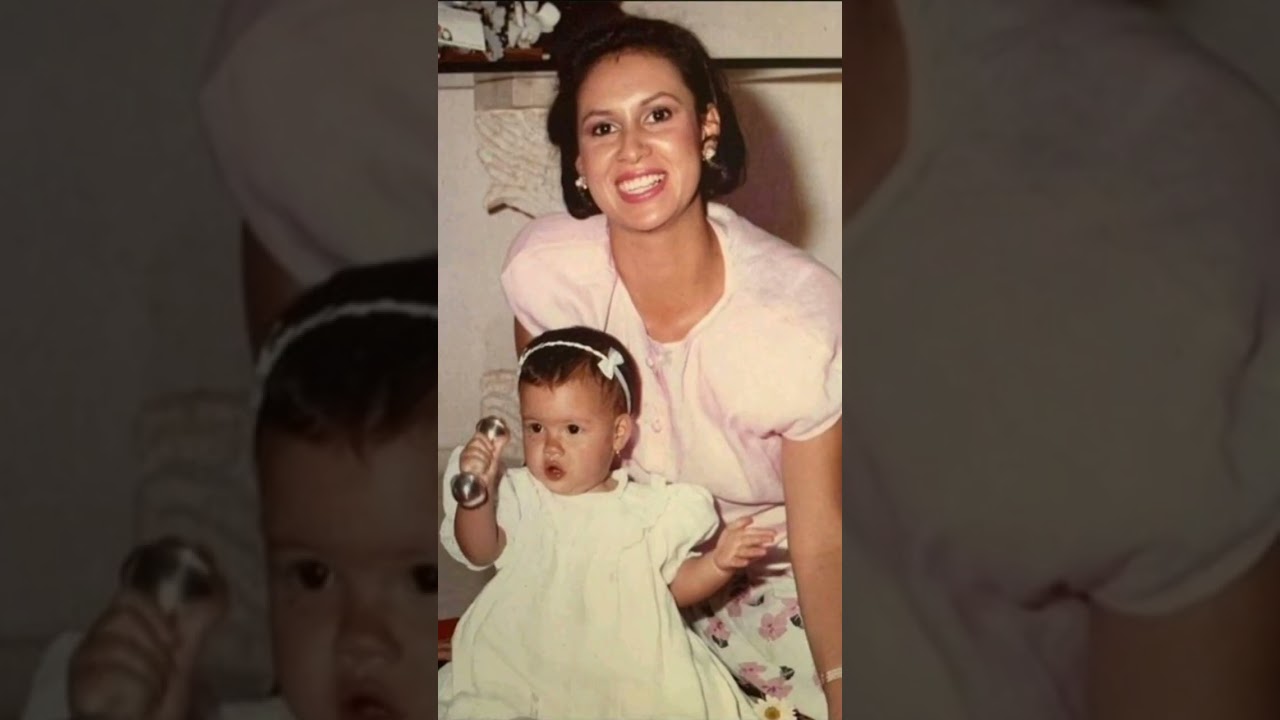
Public Perception and Media Representation
The lens through which Maria Victoria Henao has been viewed is complex and layered. Often cast as either a victim or a complicit partner in Escobar’s nefarious activities, the media’s portrayal of her has fluctuated immensely. Documentaries and films have dissected her life, either glorifying her story or demonizing her existence.
This duality in public perception highlights a broader societal tendency to romanticize notorious figures while simultaneously vilifying the women associated with them. Such narratives reflect not just Henao’s personal struggles but represent a deeper commentary on the cultural implications of crime and fame in contemporary society.
From tabloids to television, Henao’s image serves as a case study in the power dynamics at play in media representation. Her ongoing battle to redefine her narrative in both public and private spheres remains a testament to the complexities of identity in the wake of personal and public turmoil.
A New Chapter: Maria Victoria Henao’s Future
As of 2026, Maria Victoria Henao remains enshrouded in intrigue and controversy. Life has afforded her the chance to reshape her narrative, although remnants of her past continue to follow her. What lies ahead for her? It could very well involve stepping into the realm of business or philanthropy, finding ways to channel her life’s journey into something constructive.
With her past undeniably influencing her choices, Henao’s future trajectory is as uncertain as it is compelling. Perhaps she’ll carve out her identity in spaces beyond the shadows of Escobar’s empire. Engaging in community initiatives or becoming a figure of redemption could resonate deeply with others seeking paths beyond their own tumult.
Ultimately, Henao’s journey underscores how infamous narratives can morph into powerful tales of resilience and reinvention. The world may remember her as a notorious figure, but the pages yet unwritten might very well depict her as a woman reborn, navigating the choppy waters of legacy while aspiring for something greater.
As we unravel the layered life of Maria Victoria Henao, it becomes clear that she isn’t merely a footnote in the tale of Pablo Escobar. Her story underscores the complexities of identity, legality, and the quest for redemption in a post-scandal world. Through an analysis of her influences and public image, we gain insight into the indelible marks left by notorious figures on personal narratives, illuminating paths of those who navigate the shadows of fame and infamy.
Maria Victoria Henao: Trivia and Intriguing Insights
A Notorious Life and Legacy
Maria Victoria Henao, once married to the infamous drug lord Pablo Escobar, has carved a life marked by both luxury and controversy. Did you know Maria’s height once fueled speculation about her adaptability in a turbulent environment? This reminds me of the question on everyone’s mind about How tall Is Altuve, as stature seems to attract intrigue alongside notoriety. Maria found herself not just managing a life under constant scrutiny but also navigating her identity amidst the chaos surrounding Escobar’s empire.
Cultural References and Connections
While her life plays out like a gripping drama, there are interesting parallels in pop culture. Just as Tsuki ga kirei beautifully explored relationships, Maria’s story reflects the complexities of love and loss in extreme circumstances. In her dealings and experiences, one might even draw comparisons to compelling narratives found on various movie streaming Sites, where crime and loyalty intertwine. Like many complex characters, Maria didn’t just take a passive role; she was an active player trying to survive while managing familial bonds amidst crime.
The Aftermath and Lessons Learned
After Escobar’s death, Maria Victoria Henao’s journey shifted dramatically. She became an emblem of resilience, often finding herself in the spotlight against her will. Her story, like those of characters played by actors such as Álvaro Morte, reveals the depth and struggles faced by individuals related to infamous figures. Just as each character has their own arc, Maria’s responses to overwhelming situations paint a vivid picture of human perseverance. And as we reflect on the mark left by other cultural icons, like Bob Marley—whose passing on May 11, 1981, continued to influence music and culture—Maria’s narrative adds a layer of depth to our understanding of personal sacrifice and survival.
In closing, Maria Victoria Henao may be a person deeply linked with notoriety, but her saga is about human experience and resilience. Like the crisp taste of Zero Water, her story reminds us of the purification process that often follows a life steeped in criminal activities. Each chapter of her life echoes broader themes, much like the resonating chord of 12 Days With God that suggests redemption and renewal in the face of adversity.












